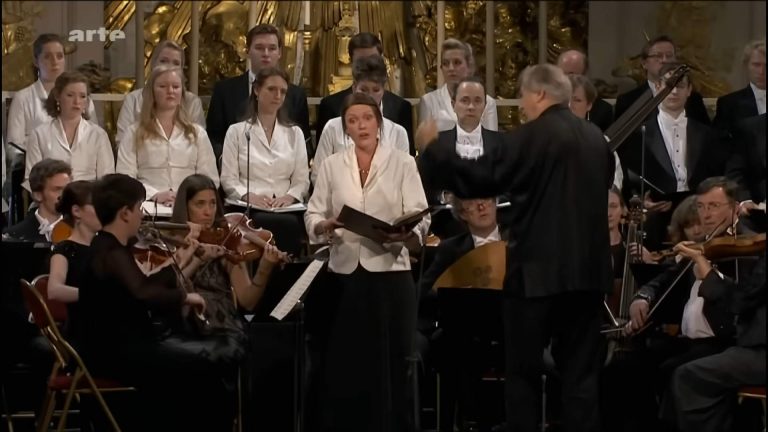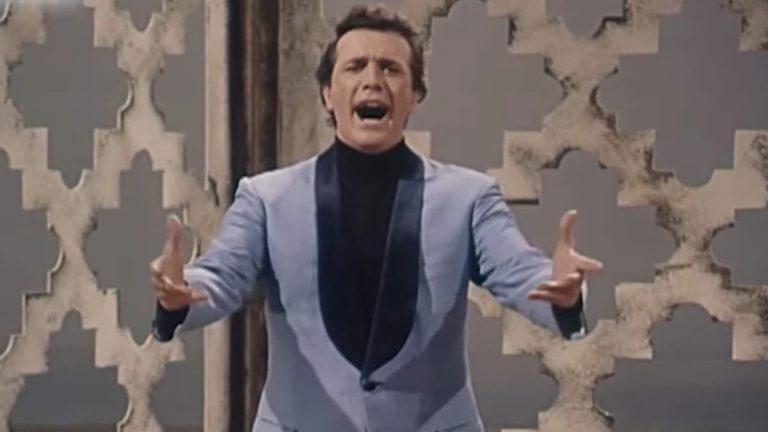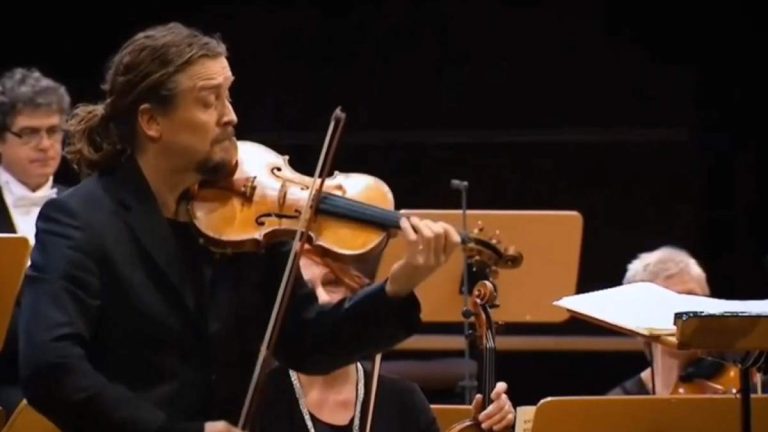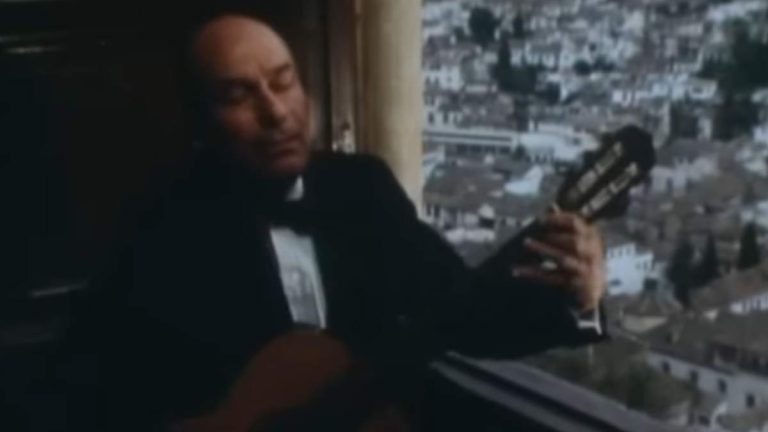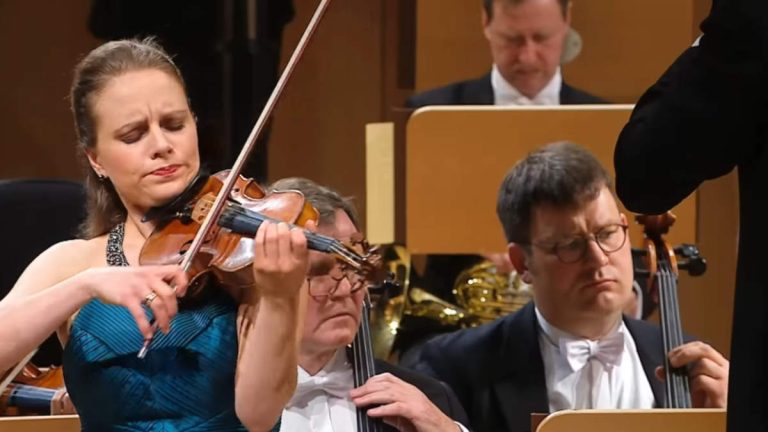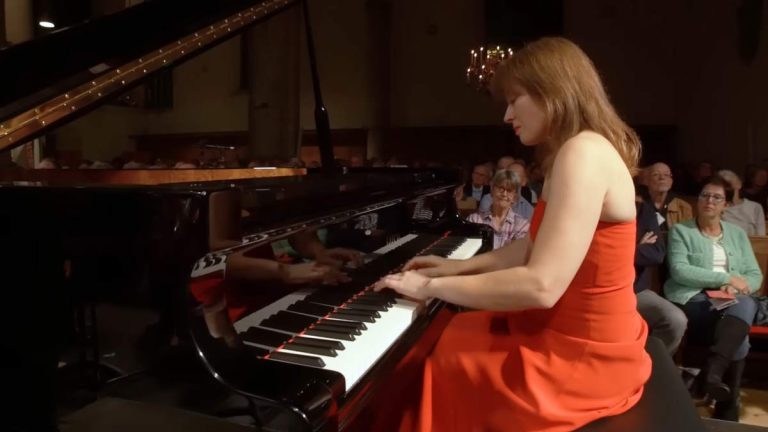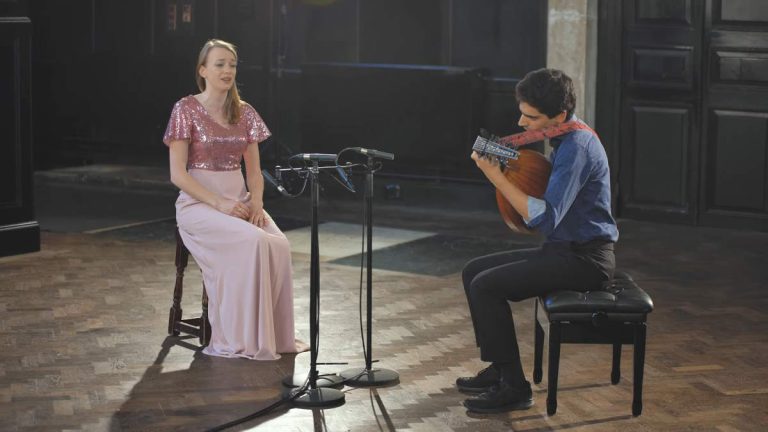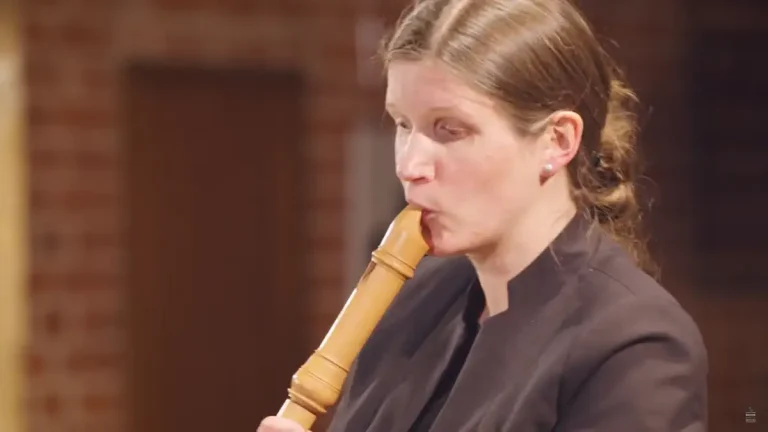Purcell: Cold Genius [Gérard Lesne]
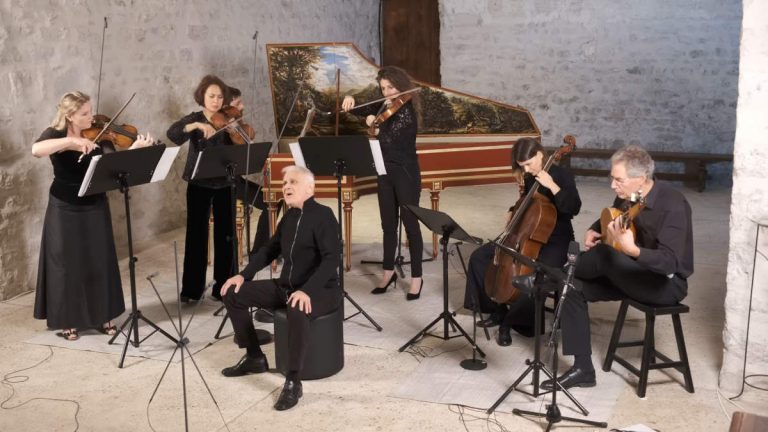
Accompanied by the early music ensemble Le Concert Universel, French countertenor Gérard Lesne sings Cold Genius, a bass aria from King Arthur, or The British Worthy (Z. 628), a semi-opera in five acts with music by Henry Purcell and a…

